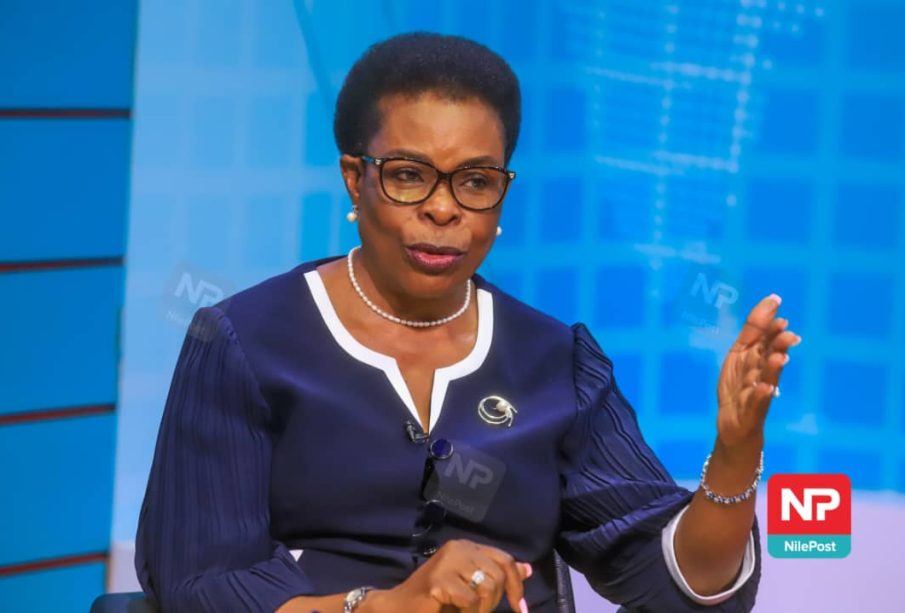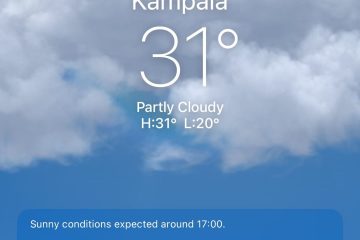The Uphill Battle of Whistleblowing: Uganda’s Fight Against Corruption

In Uganda, the call for citizens to become champions in the fight against corruption by voluntarily blowing the whistle has been a recurrent theme, championed by the Inspectorate of Government, Beti Kamya, However, anti-corruption advocates and legal experts are raising questions about the effectiveness of this strategy, considering the prevailing conditions of widespread ignorance, insecurity, poverty, and a backlog of cases involving corrupt officials.
The Inspector General of Government has consistently urged the public to take an active role in the battle against corruption, emphasizing that citizens are the primary victims of corrupt practices. Yet, she denies allegations of the lifestyle audit initiative being in hibernation, attributing its perceived dormancy to the public’s reluctance to report suspected cases of corruption.
Marlon Agaba, the Executive Director of Anti-Corruption Coalition Uganda, raises concerns about the capacity of ordinary citizens to effectively combat corruption. He points to the challenges of limited access to information, security risks, and the pervasive issue of poverty that hinder their participation.
Legal expert William Kagaba echoes these sentiments, highlighting the impracticality of the strategy without robust laws like witness protection legislation that emphasize safeguarding people’s privacy.
Despite the Inspectorate of Government’s defense of the lifestyle audit initiative, analysts contend that it appears to be in a state of hibernation, if not already defunct. They argue that the initiative may have been doomed from the start due to these inherent challenges.
As Uganda grapples with endemic corruption, the role of the common citizen in this fight remains a subject of debate. Addressing the root causes of widespread ignorance, insecurity, and poverty, as well as enacting protective legislation, may be crucial steps toward fostering a more effective anti-corruption campaign.










